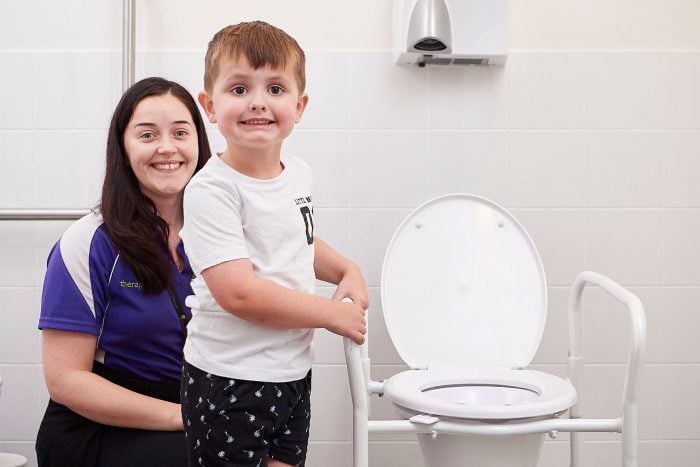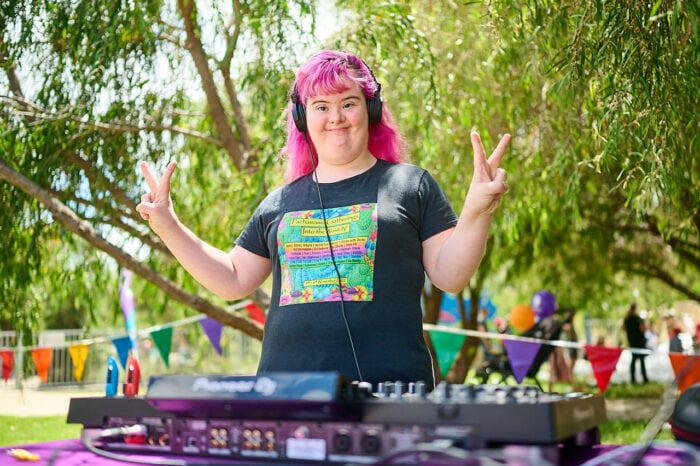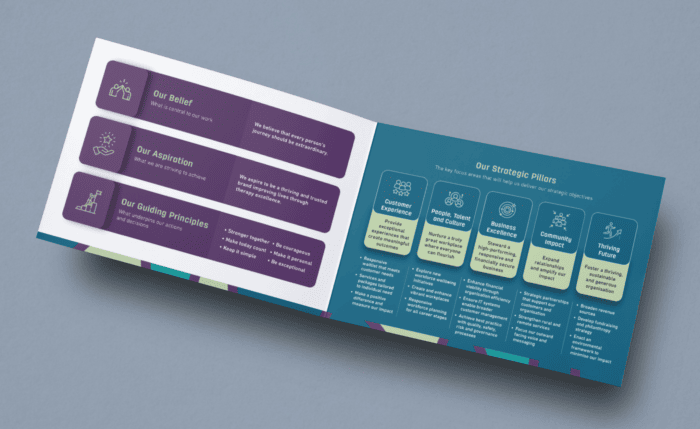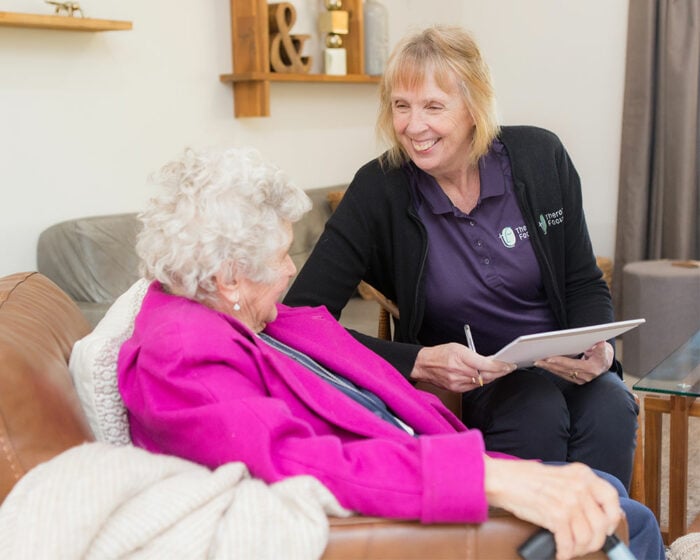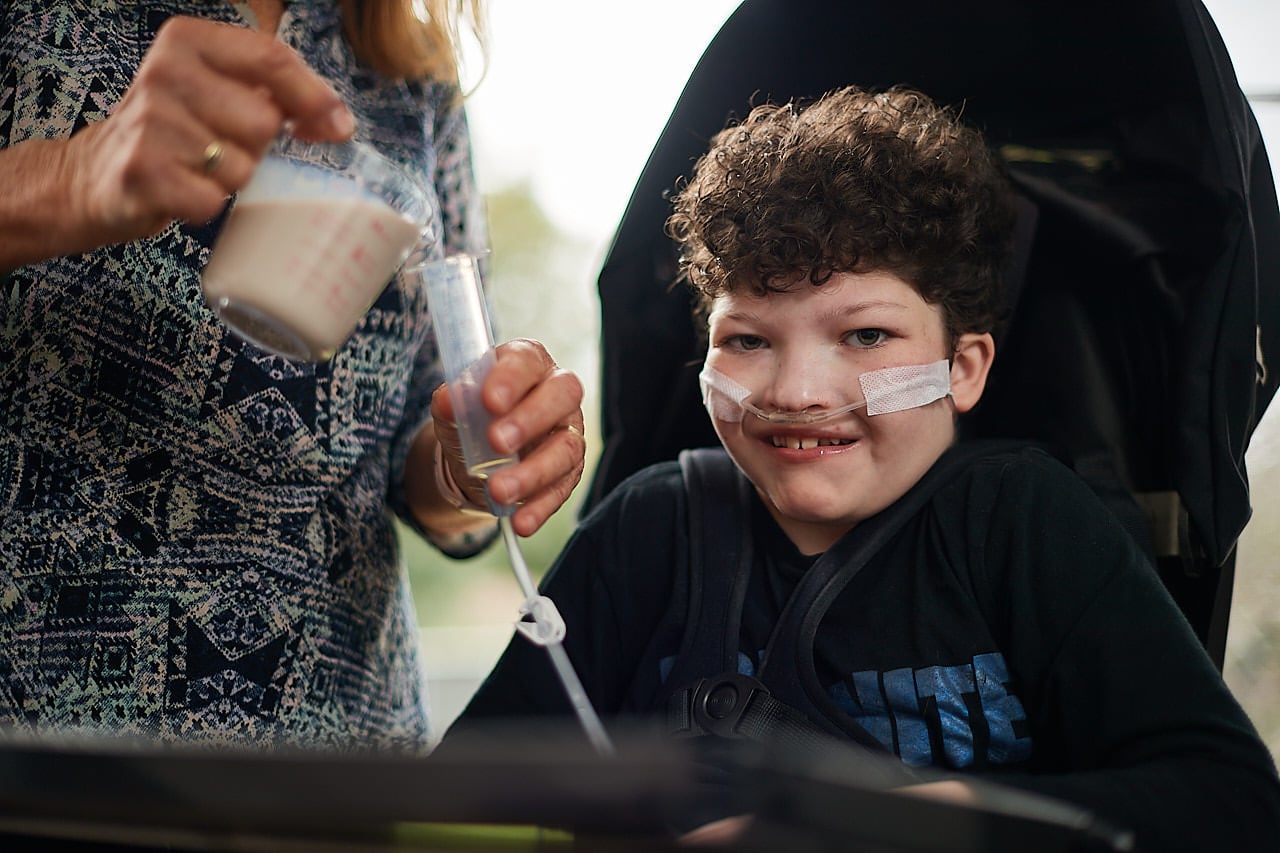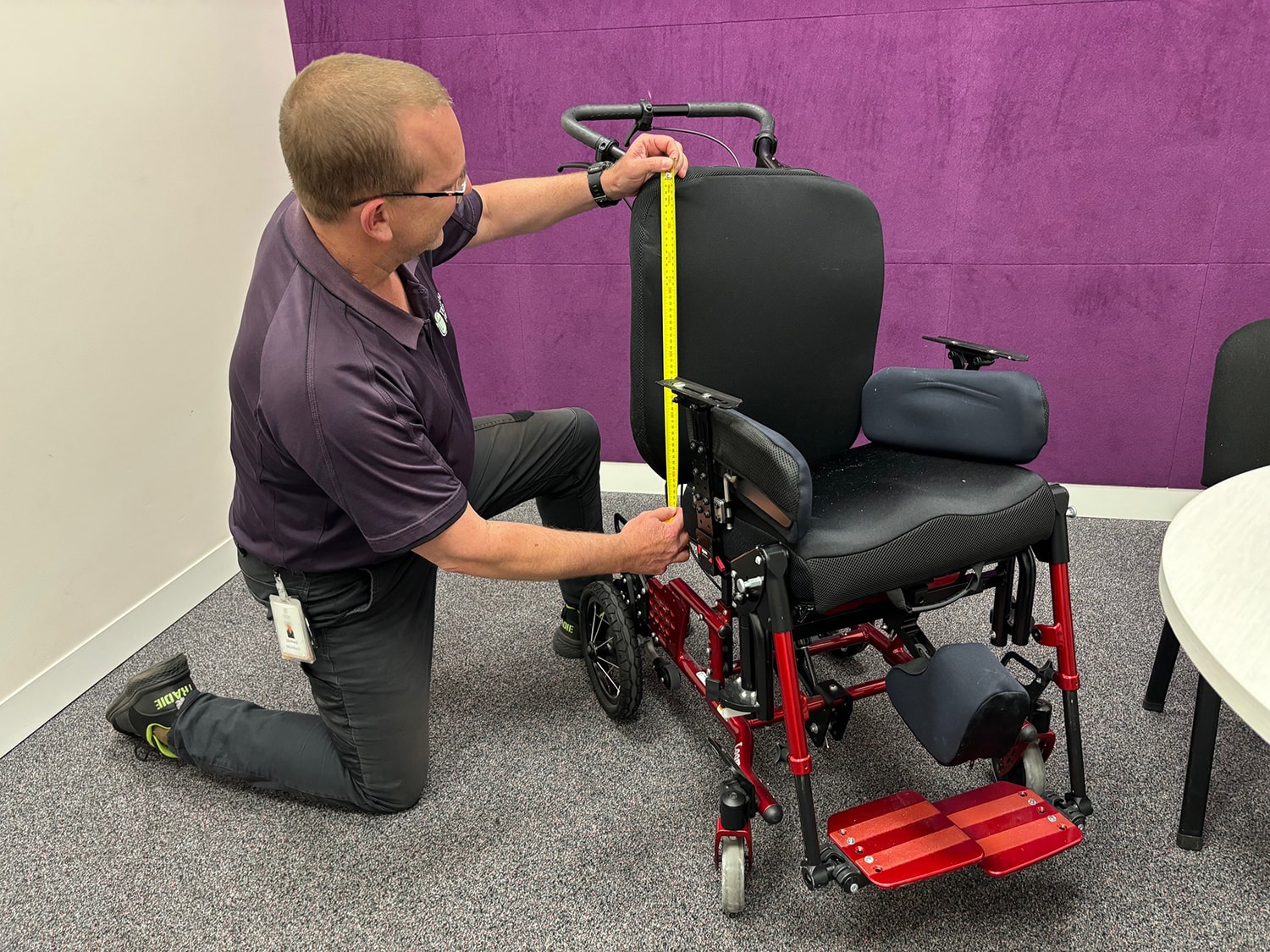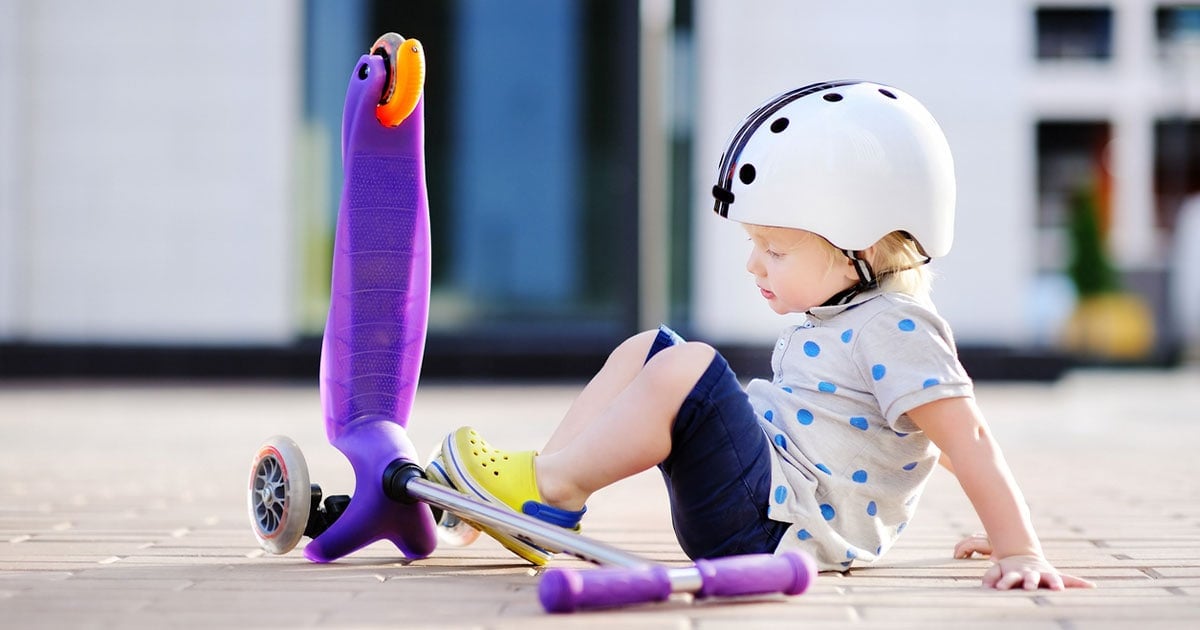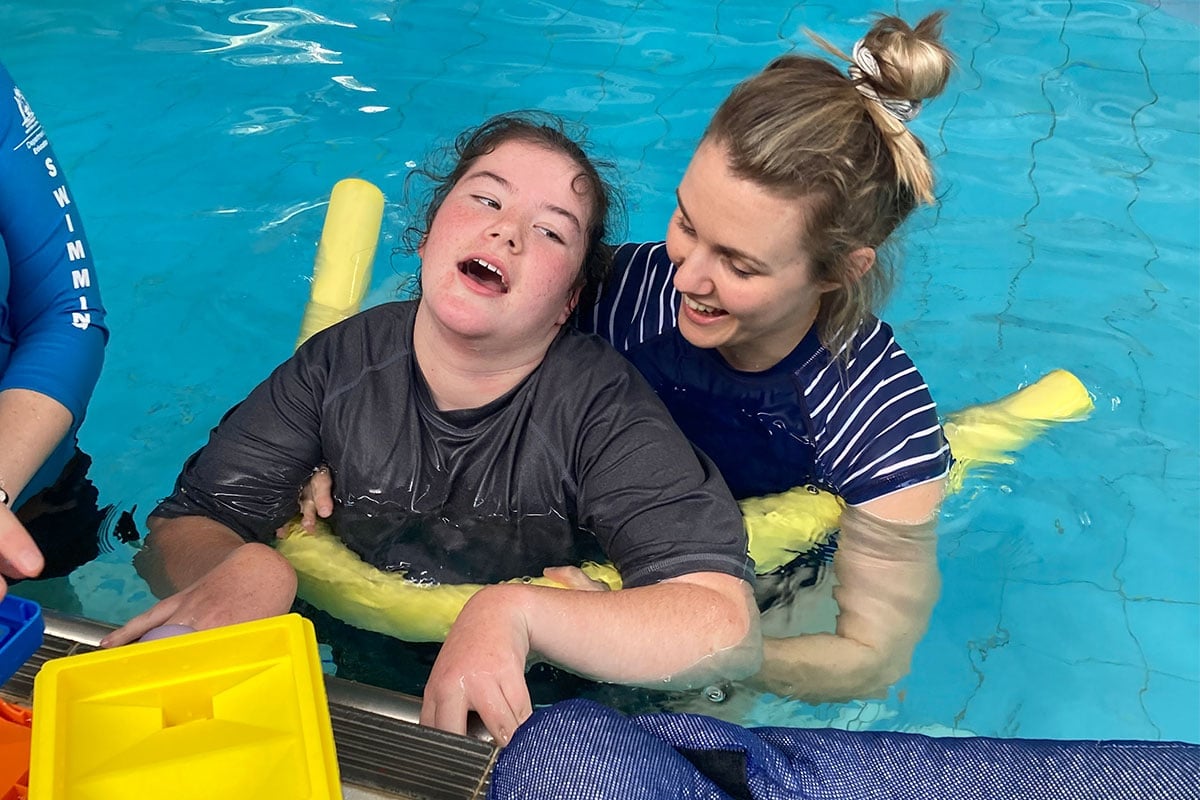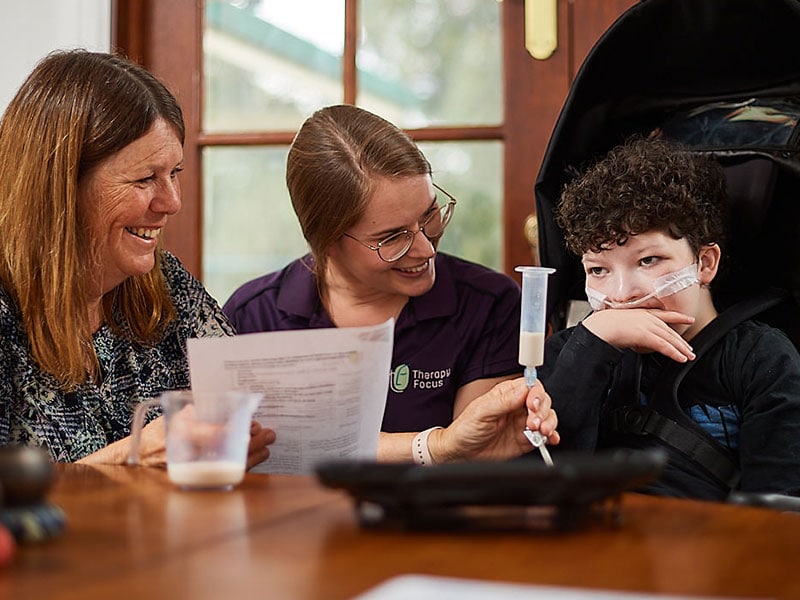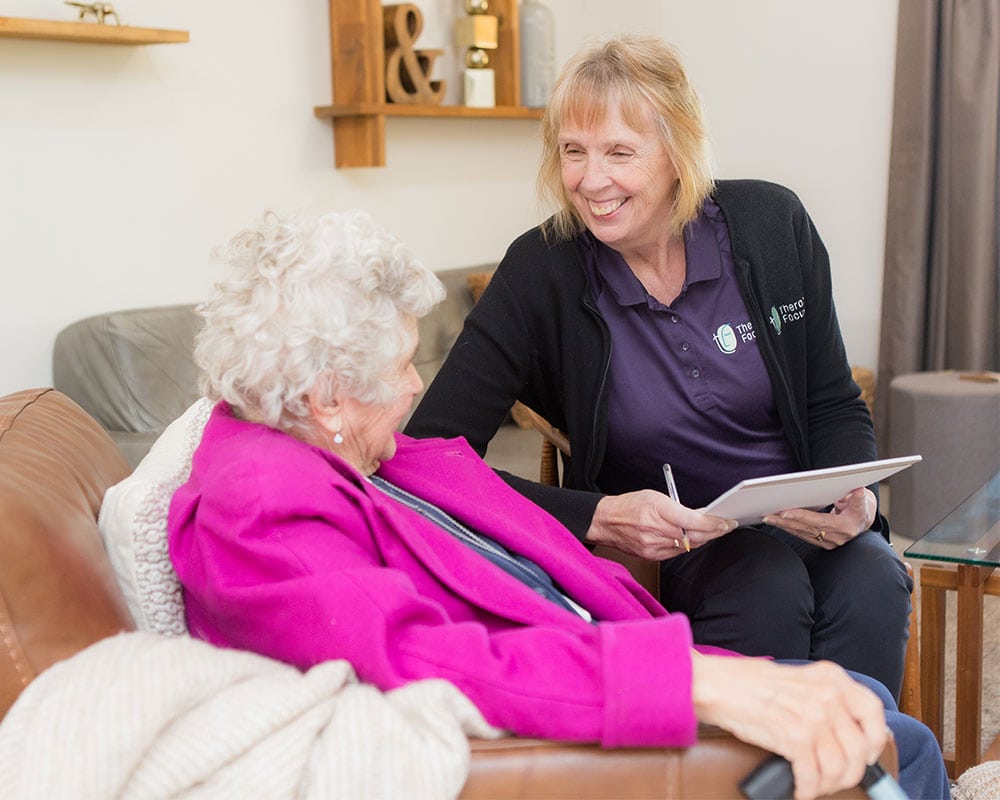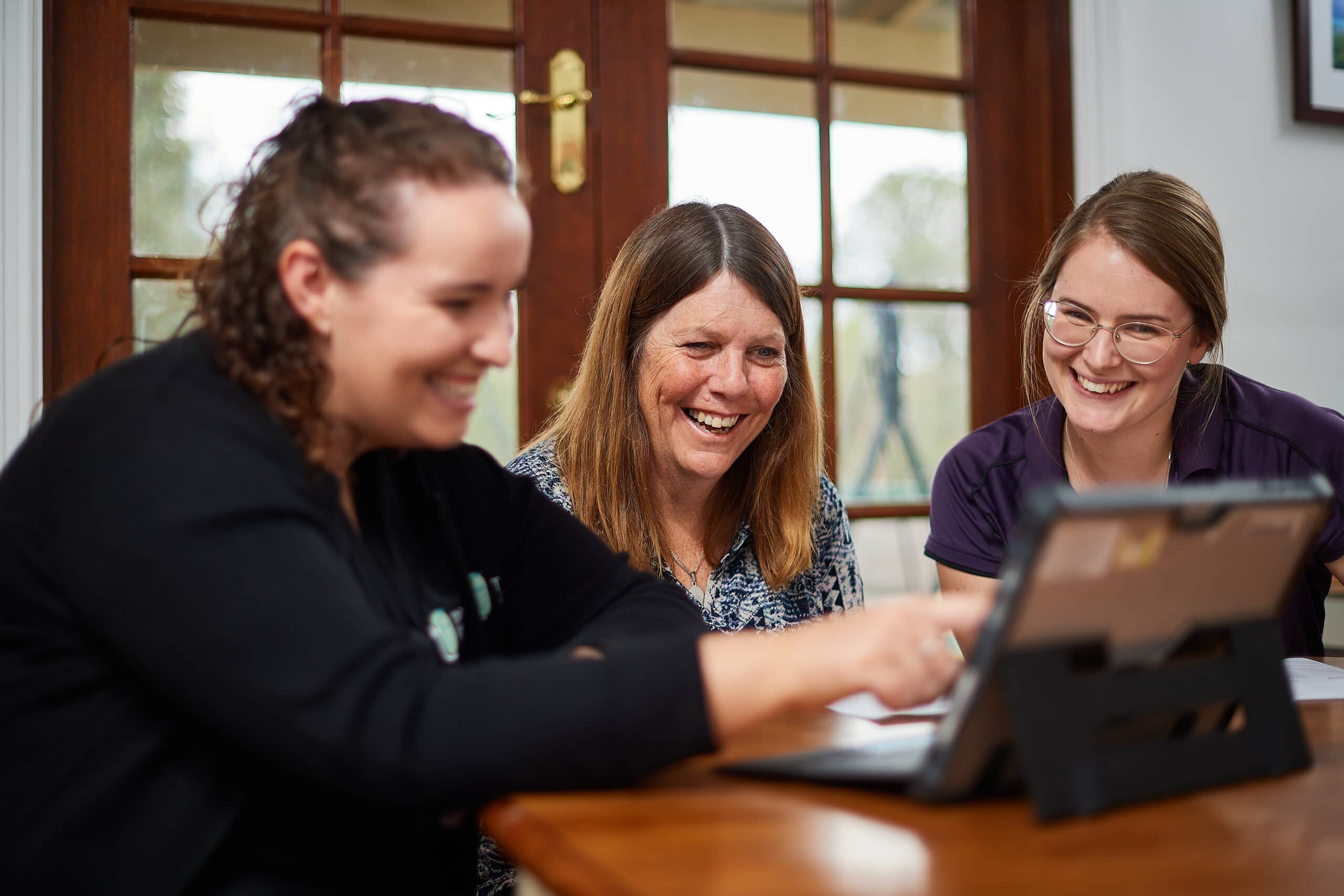Sharing the Facts on Incontinence Myths
Incontinence is often surrounded by misconceptions and myths. Our team is here to clarify some of the most commonly misunderstood aspects by sharing the facts.
Laxative consumption can lead to dependence
Laxative use is safe, even for long periods, but if you need to take laxatives regularly to open your bowels, seek medical advice to make sure there is no underlying cause for constipation.
My child can’t be constipated because they’re always having accidents
Interestingly, faecal soiling – more commonly known as pooing your pants – can be a sign of constipation with overflow. It should be the first thing to be ruled out in managing faecal incontinence. Treating constipation with timed toileting routines, fluids, dietary changes and appropriate medication can often resolve faecal incontinence.
1-3% of children experience faecal soiling. It is more common in boys but still happens to girls. It is important to note that faecal incontinence is not caused by naughtiness, laziness or attention-seeking and punishing this behaviour can make it worse.
Urinary incontinence is inevitable with ageing and childbirth
This is far from the truth. Ageing and childbirth do increase the risk, but they are not always related. Urinary incontinence can be prevented, improved and resolved with the correct advice and assistance. It is essential to seek help for incontinence and not accept it as an inevitable fate. Fear of an accident and self-consciousness about odours can impact anyone’s ability to leave the house, which can contribute to loneliness and depression.
Drinking less water can help prevent ‘accidents’
Absolutely not. In fact, urine that is more concentrated due to lack of fluid intake or water consumption can irritate the bladder and cause severe problems such as infection and dehydration. Further still, inadequate fluid intake can cause constipation, which can make matters worse.
Children wet the bed intentionally
Children do not wet the bed intentionally. Like learning to walk or talk, a child’s bladder develops with time and practice. Sometimes, no matter how hard a child might try, they can still urinate involuntarily.
Nocturnal enuresis – more commonly known as wetting the bed – is a recognised medical condition in children who are at an age when we would reasonably expect them to be dry. Usually this is around 5 years. Many children will stop wetting the bed naturally over time, but sometimes the help of a specialist may be required. Learn more about bed wetting and when to seek support.
Incontinence is a disease
Incontinence is not a disease, it is a symptom or side effect of another medical condition. That is why it is so important to speak with your doctor or healthcare professional if you experience any type of bladder or bowel control problem.
Continence Physiotherapy
At Therapy Focus, our Continence Physiotherapists can support children and adults who experience incontinence and toileting challenges.


